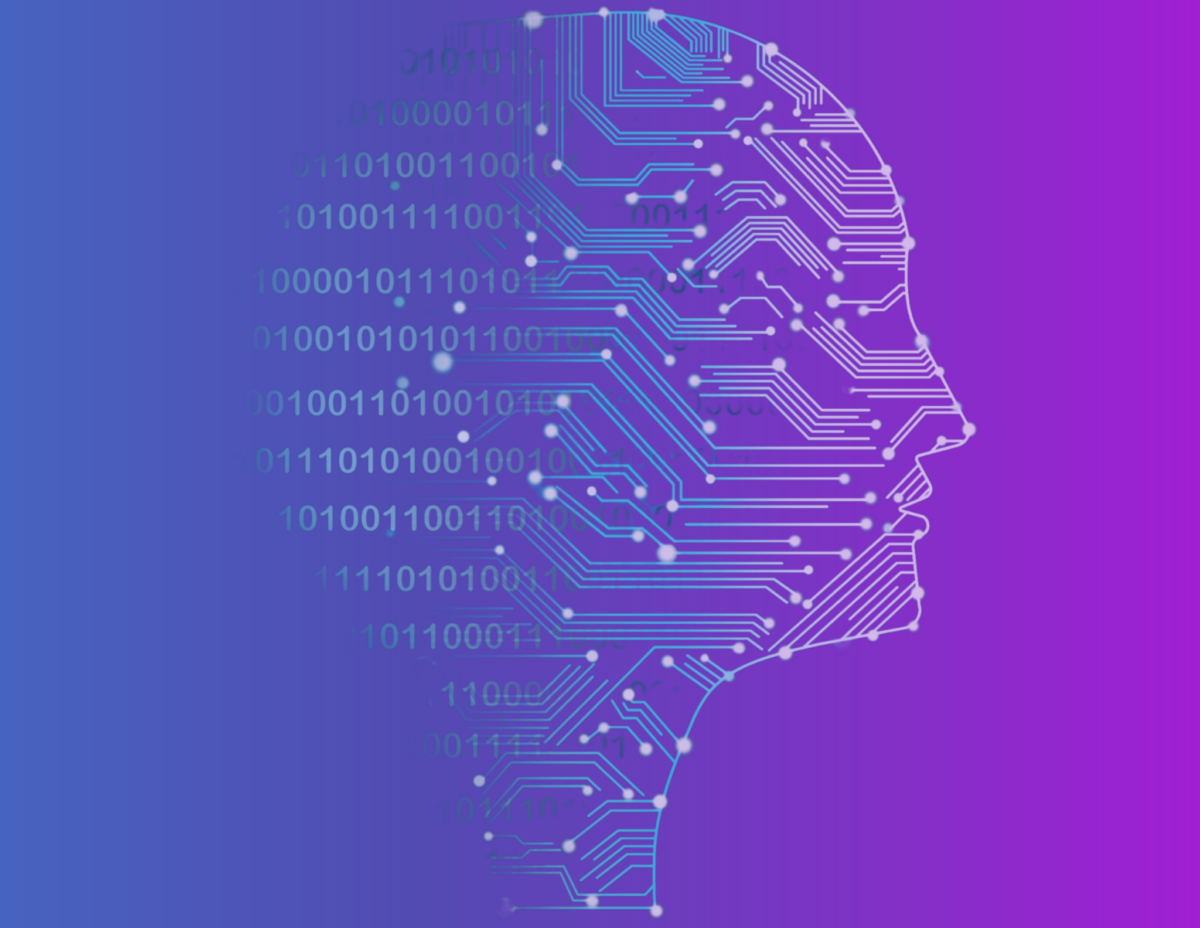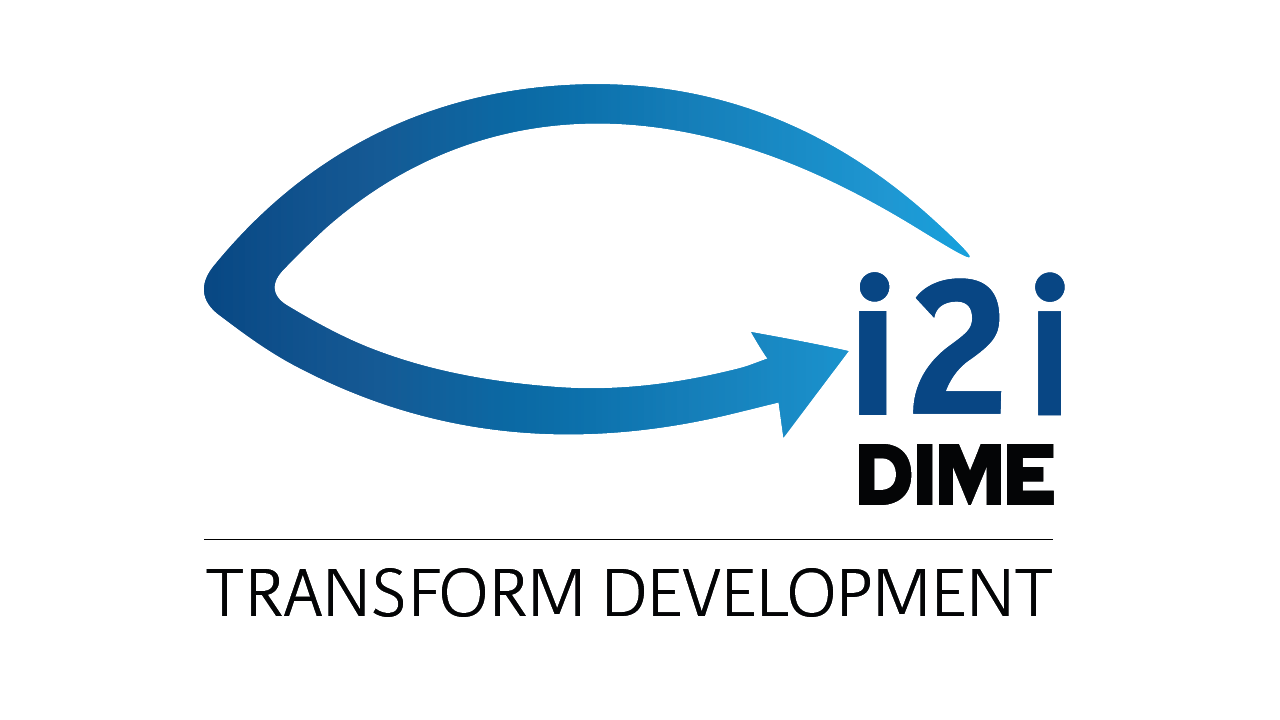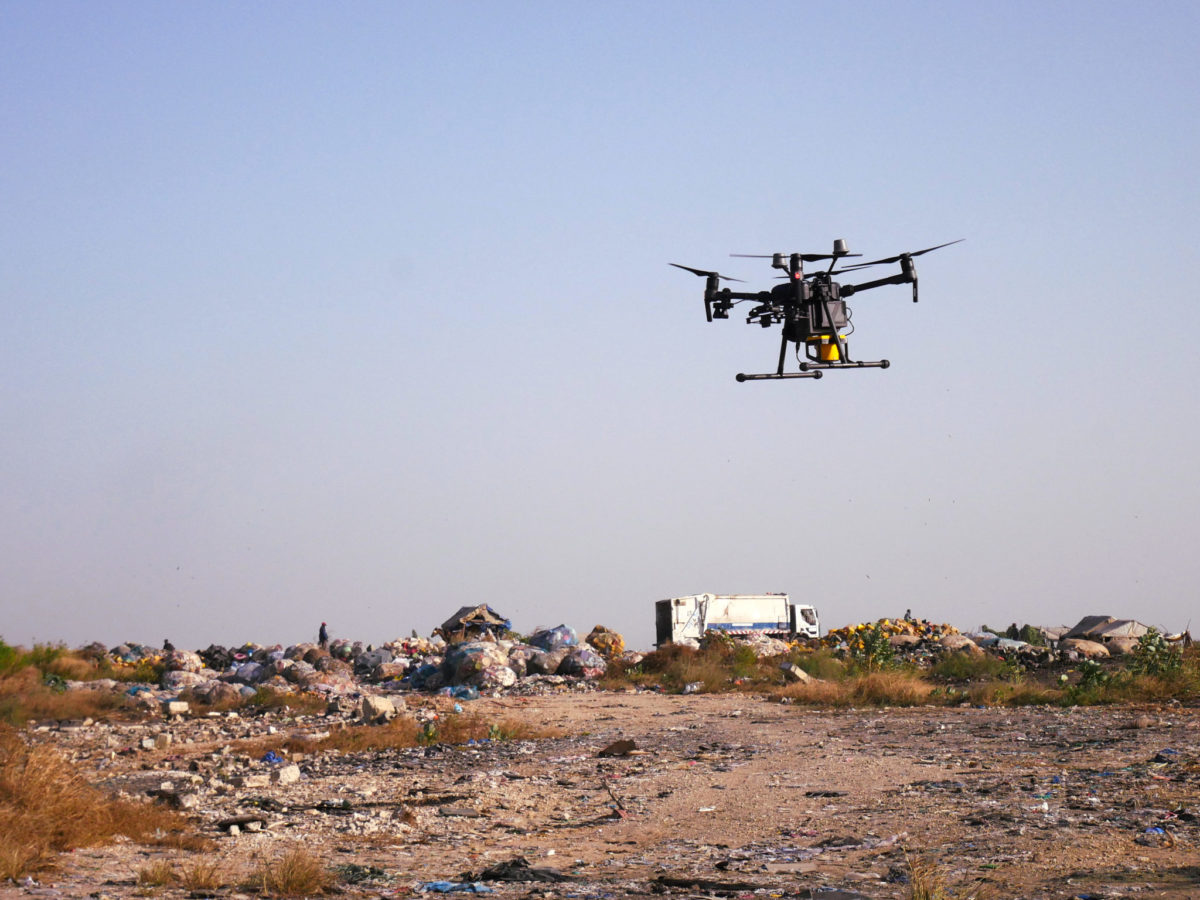Measuring Development 2024: AI, The Next Generation

Foundational models like large language models (LLMs) have recently commanded widespread public attention—and caution—given their transformational potential for both our economy and society. Naturally, questions loom about how these AI innovations will impact the global development research and policy landscape. If used properly by the right actors, these tools might unlock enormous troves of data and create new opportunities to improve lives around the world.
The World Bank, the Center for Effective Global Action (CEGA), and the University of Chicago Center for the Economics of Innovation and Development (CEID) are excited to explore this topic at our tenth annual Measuring Development (MeasureDev) Conference, “AI, The Next Generation.” The conference will feature presentations on AI that span the measurement ecosystem: from efforts to improve and expand responsible data infrastructure in low- and middle-income countries (LMICs) and facilitate the development of a new generation of AI tools, to analysis tailoring foundational models to optimize generative AI (GenAI) including LLMs for social impact. The event will feature policymakers from different contexts who are shaping the way these new tools will be adopted and regulated.
Agenda
See our full agenda here.
Registering for the Event
Are you interested in attending? Please RSVP using one of the links below.
In Person: If you will be in Washington, D.C. on May 2nd and want to attend the event in person at the World Bank headquarters, click here. Space is limited so please only confirm using this option if you will be able to cover your own travel and lodging to attend the event. We have reached capacity but will do our best to accommodate those on the waitlist.
Virtual: To attend virtually, click here. Note that if you RSVP for the in-person event you will not be given the link to the virtual convening.








